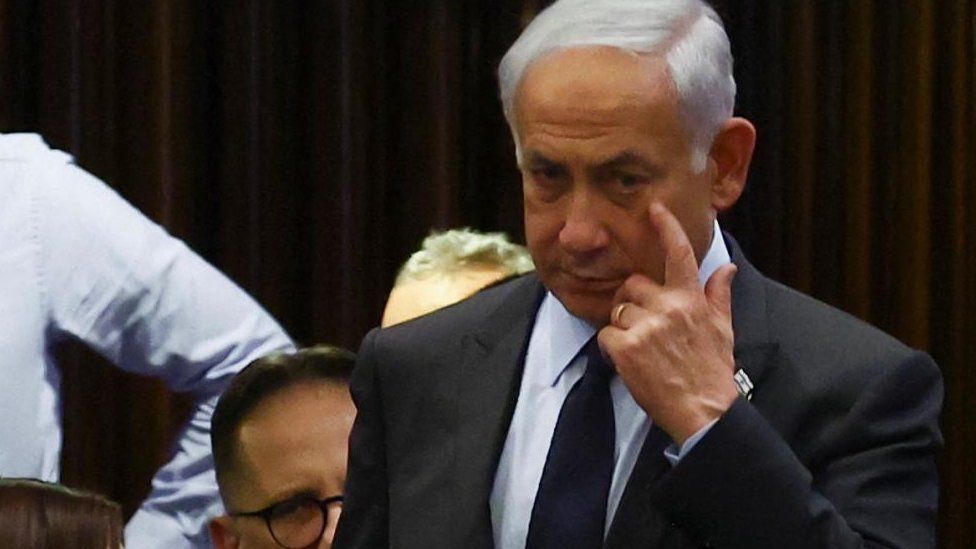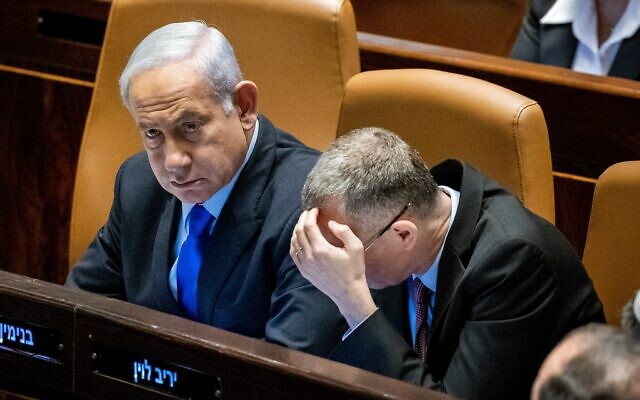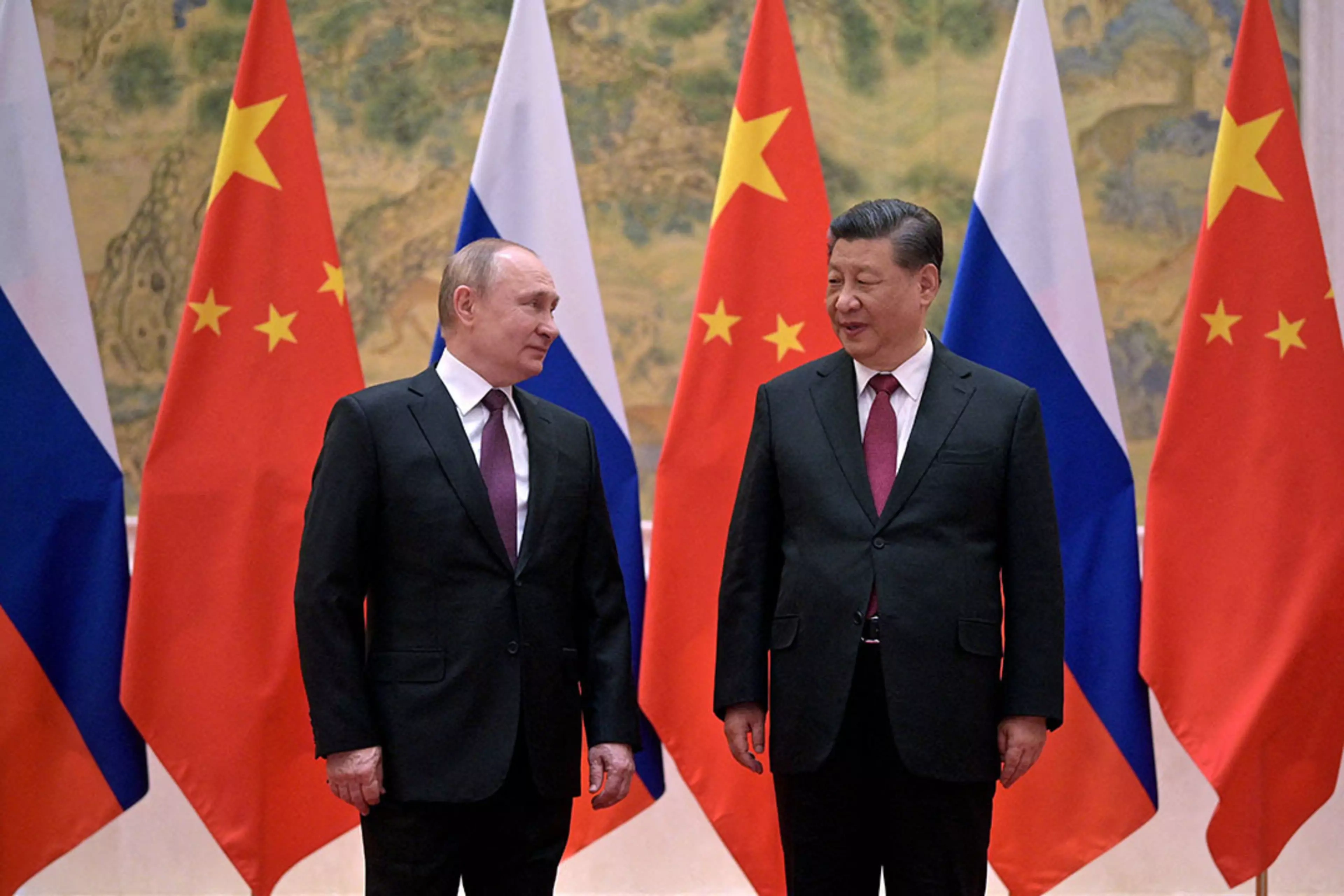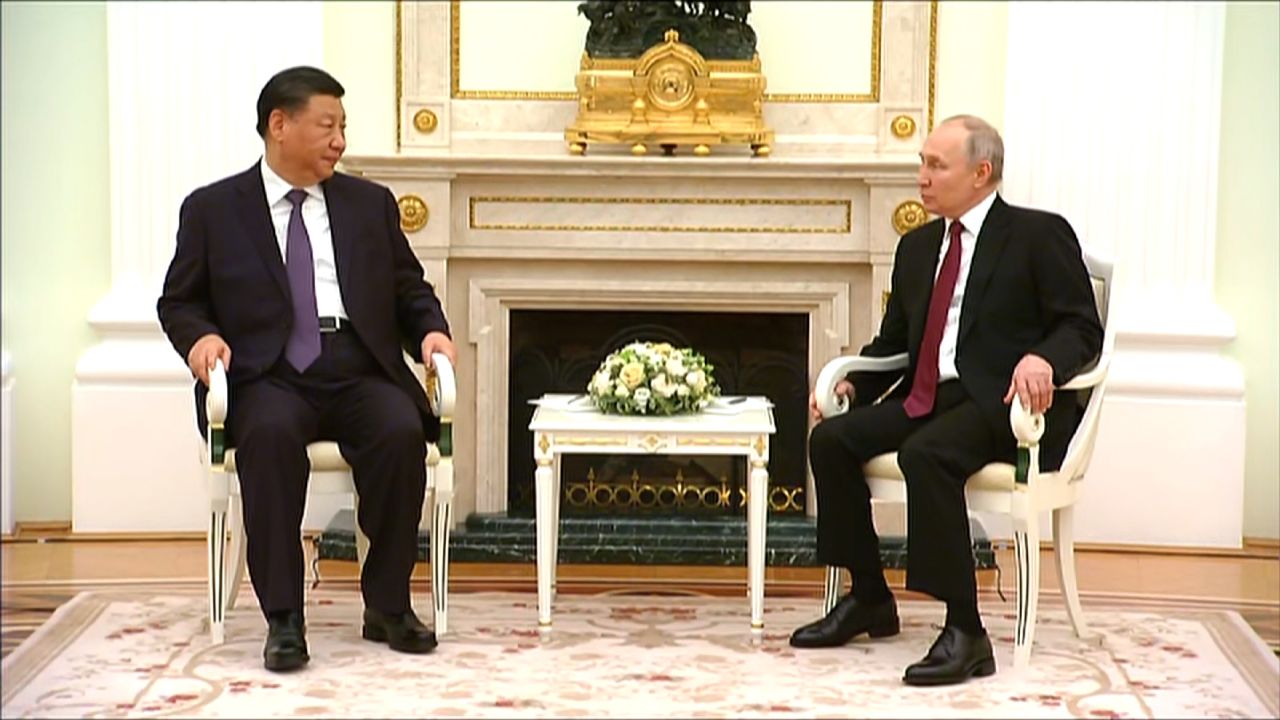"The
message of Li Kequing was 'Don't forget the motherland -- bring back
technology, bring back investment. It was like he was talking to Chinese
nationals. China doesn't care about foreign citizenship."
"I
kept telling [federal officials] 'You have to be tough, you have to be
firm.' This is the only language that China understands. If you don't
push back, they will just occupy more and more ground."
"At the beginning of the crisis with Meng Wanzhou I gave interviews to Canadian media in Mandarin."
"I
was struck because all the questions and the viewpoints were those of
Beijing. They didn't know the Canadian position. We were the bad guys --
'Why had we done this'?"
"[Chinese officials] are quite satisfied with their interference activities. They have had good results."
Guy Saint-Jacques, former Canadian ambassador to Beijing
"It
could be to silence dissent it could be silence a community, it could
be to silence any kind of discussion or talk seen as negative to China's
interests."
"If
you can drive a wedge between Canada and its allies and have Canada get
into spats or conflicts with the United States, that could create
dissent and chaos."
"You could be talking about a broader, long-term strategy to drive Canada away from the United States."
Dennis Molinario, former intelligence analyst, Ontario Technical University professor
The
Canadian public has been apprised of the failure of the Liberal
government of Justin Trudeau to protect itself from Chinese interference
in Canadian elections. Intelligence was leaked by Canada's spy agency
to the press indicating that the prime minister had been briefed on
numerous occasions of the situation where Beijing has applied pressure
on Chinese-Canadians to reject political candidates for Parliament with
anti-Beijing attitudes.
 |
| Prime Minister Justin Trudeau speaks during a news conference on
Parliament Hill in Ottawa on Monday, March 6, 2023. Trudeau is under
heavy pressure to order a public inquiry into reports of foreign
interference in Canada's elections. (Sean Kilpatrick/The Canadian Press) |
In
actual fact, according to the data revealed and names named,
pro-Beijing contacts in Canada had funded Beijing-friendly candidates in
their election campaigns for public office, funding that was later
restored to them by Beijing. The result being that in both provincial
and federal ridings candidates were elected to sit as Members of
Parliament whose first interests are to speak for China in the House of
Commons and the provincial legislatures.
Canada
has long been targeted by Beijing seeking to infiltrate academia,
politics, science and technology and corporate business enterprises.
Both for influence and for the opportunity to secure any and all
government and private industry political and trade secrets. Canada does
not, needless to say, represent China's sole foreign interest. Beijing
has a vast influence and interference strategy powered by the Chinese
Communist Party's United Front Work Department, documented by academics
and think-tanks.
Australian
researcher, Jichang Lulu detailed in a 2019 paper how a China
"friendship group" in the European Parliament was a conduit for party
influence, assisting in engineering "a growing global consensus on the legitimacy of the party's totalitarian governance".
The moulding of a more positive image of China as well as neutralizing
Beijing's enemies, according to analysts, represents one of China's
goals in Canada. Enemies of China are described by Beijing as practising
'five poisons'.
The
five are comprised of activities revolving around Tibetan independence
by advocates, the Uyghurs in the Xinjiang region of China, the Falun
Gong, Taiwan and pro-democracy activists in mainland China. In 2020 an
employee of the now-defunct branch of the Confucius Institute funded by
China at McMaster University informed of how she and other teachers were
given instructions to speak to Canadian students of Tibet's
'liberation' by China and that Taiwan was an integral part of the
People's Republic -- both assertions central to the Chinese Communist
Party.
 |
Prime Minister
Justin Trudeau responds to questions from Conservative Leader Pierre
Poilievre about reports of campaign donations funnelled from Beijing.
Trudeau said it's ‘unfortunate and despicable’ to question any MP’s
‘loyalty to Canada. CBC
|
Chinese
Canadians informed former ambassador Saint-Jacques that they feared to
speak out themselves against the People's Republic lest they place
relatives and friends back in China in jeopardy through repercussions
that Beijing uses as threats to keep its critics in line. In turn they
were grateful to him for his tough stance in revealing China's
manoeuvres abroad. Critics of China claim there is little resistance to
Beijing in its efforts to neutralize negative voices in Canada.
Practitioners
of Falun Gong, China democracy proponents and minorities such as
Tibetans and Uyghurs complained for years of harassment and intimidation
by China. Amnesty International spearheaded a detailed report on
interviews with those China has threatened, yet the federal government
consistently resisted calls to have a system installed or police units
to respond to such complaints.
Chinese
police, it was recently revealed, have themselves set up a number of
"service stations" in Canada, along with other countries, including the
United States, which a Spanish human-rights watchdog explained were used
to intimidate critics of the regime. Once this became public knowledge
the federal police began to investigate the extraordinary presence of
foreign police setting up shop and interfering with Canadian citizens of
Chinese descent.
Beijing
has long been involved in siphoning technological and other
intellectual property out of Canada. A scientist fired from the National
Microbiology Laboratory in Winnipeg who was escorted along with her
husband who also worked at the Lab, out of the complex, and later fired,
was named on patents in China for discoveries related to her work as a
federal civil servant in Canada. She had been discovered to have worked
closely with a People's Liberation Army general. The federal government
refused to release to Parliament details of the situation around the
reason for the firing.
A
United Front Work Department manual notes the number of politicians of
Chinese descent elected in Toronto had almost doubled between 2003 and
2006, stating that officials should "aim to work with" those politicians. A concept called "huaren canzheng"
to encourage sympathetic ethnic Chinese to become actively involved in
the electoral process is pushed by the United Front. Australian academic
and researcher on Chinese interference, Clive Hamilton, wrote that
Canada is at the forefront of the initiative. Understandably, since the
Liberal government has always been warm to Chinese interference.
Academics
such as Anne-Marie Brady of New Zealand, who study the United Front
Work Department explain it often works through friendly community and
business groups. But it seems on the evidence of the last few years that
Beijing's often clumsy attempts to increase its influence in Canada has
resulted in a public that has become wary and resentful of its
interference. The percentage of Canadians viewing
China favourably has plummeted to record lows, according to a recent Angus Reid Poll.
"It's a bit of a double-edged sword. What's actually happened is possibly the reverse of what the PRC was expecting",
noted Mr. Molinaro. Mr. Saint-Jacques, however remains to be convinced,
citing the fact that the government of Canada succumbed only under
sustained opposition and media pressure to agree to look at a foreign
agent registry to be established. The government of Justin Trudeau had
kept under wraps continued warnings from the Canadian Security
Intelligence Service related to election interference.
China
has succeeded however, on another front. Beijing managed to deeply
infiltrate the Chinese-Canadian community whose ethnic-language media is
dominated by pro-China outlets. It is a community starkly divided,
polarized by its reaction to a China that many distrust and many others
support. A politically, socially fractured Chinese-Canadian community,
mostly loyal to Canada, feeling themselves unprotected by their own
government from the stealthy, steady predations of their totalitarian
country of origin.
"CSIS
continues to observe increasing foreign interference activity by state
actors, including the People’s Republic of China (PRC). Given the nature
of today’s geopolitical environment, these activities will almost
certainly intensify."



























